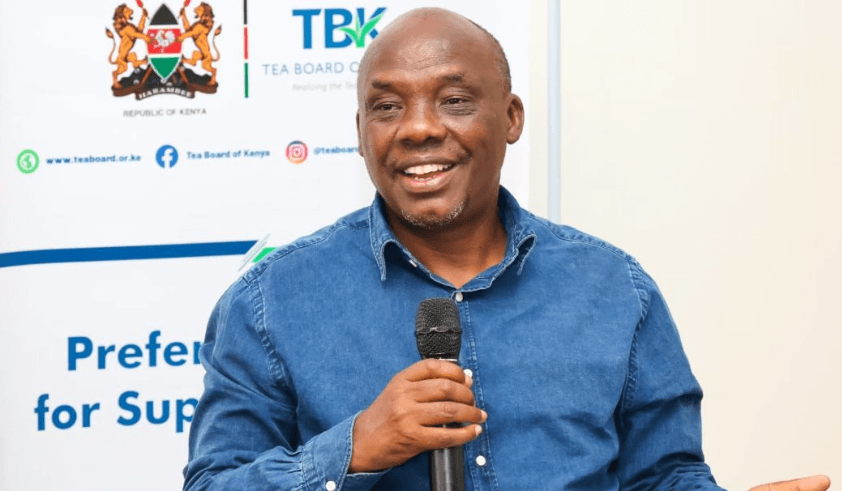It's mental health awareness month and it would be unwise not to highlight the stark link between substance use disorders (SUDS) and mental health. To date, most societies are yet to fully appreciate that addiction is a mental health issue and as such requires a multiplicity of approaches so as to conclusively address it.
Kenya has experienced a surge in mental health cases in recent years, with various studies and reports showing the prevalence is estimated to be around 10-25 per cent, with depression and anxiety disorders being the most commonly diagnosed illnesses.
The Kenyan National Commission of Human Rights estimates that 25 per cent and 40 per cent of outpatients and inpatients suffer from mental health conditions. The most frequent diagnoses of mental illnesses made in general hospital settings are depression, substance abuse, stress, and anxiety disorders.
There exists a Kenya Mental Health Policy (2015–2030) which provides a framework that guides mental health reforms in the country, with the aim of ensuring that all persons have access to comprehensive, integrated and high-quality mental health care that is promotive, preventive, curative and rehabilitative at all levels of healthcare.
The policy also highlights vital strategies for mitigating the structural challenges and emerging patterns in alleviating mental health problems and disorders.
Mental health problems and substance use disorders sometimes occur together. This is because certain substances can cause those in addiction to experience one or more symptoms of a mental health problem.
On the other hand, mental health problems can sometimes lead to alcohol or drug use, as some individuals with a mental health problem may misuse these substances as a form of self-medication.
Also, mental health and substance use disorders share some underlying causes, including changes in brain composition, genetic vulnerabilities, and early exposure to stress or trauma.
A 2017 World Health Organization report ranked Kenya fifth among African countries with elevated depression cases, with global statistics indicating that approximately 2 million people suffer from depression.
Such mental health conditions continue to accelerate rapidly, with approximately one of each four Kenyans presenting with a mental health disorder at one point in their lives.
Prevention activities in this area primarily work to educate and support individuals and communities to prevent the use and misuse of drugs and the development of substance use disorders. Substance use and mental disorders can make daily activities difficult and impair a person’s ability to work, interact with family, and fulfil other major life functions.
Challenges in managing mental conditions in Kenya include low awareness, limited treatment options and implied costs of treating mental illnesses. Significant data gaps exist regarding the implication of mental cases in low and middle-income countries such as Kenya, also making it difficult to mitigate the pandemic.
There have been instances of parents hiding children with mental illnesses to preserve the family’s reputation or keep up appearances in society. Because of this, children and adolescents are growing up with undiagnosed mental conditions that persist into adulthood until a visit to the hospital reveals the issue.
African society has undermined and downplayed mental health in youths and children, terming it ‘not an African thing’ or therapy is for ‘crazy people’.
Someone with a mental health problem and substance use disorder must treat both issues. Treatment for both mental health problems and substance use disorders may include rehabilitation, medications, support groups and talk therapy.
When someone has a substance use disorder and another mental health disorder, it is usually better to treat them at the same time rather than separately. People who need help for a substance use disorder and other mental disorders should see a healthcare provider for each disorder.
It can be challenging to make an accurate diagnosis because some symptoms are the same for both disorders, so the provider should use comprehensive assessment tools to reduce the chance of a missed diagnosis and provide the right treatment.
It also is vital that the provider tailor treatment, which may include behavioural therapies and medications, to an individual’s specific combination of disorders and symptoms. It should also take into account the person’s age, the misused substance and the specific mental disorder.
Manager Corporate Communications, Nacada












